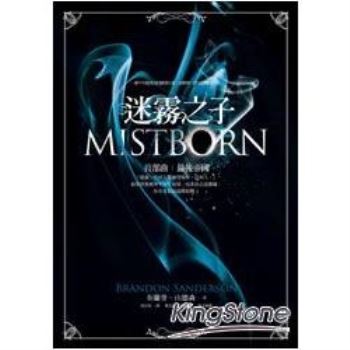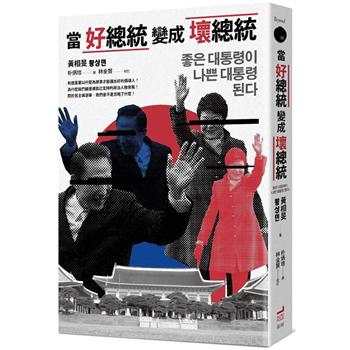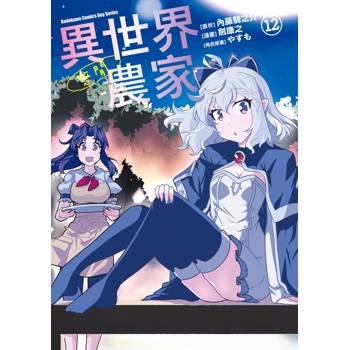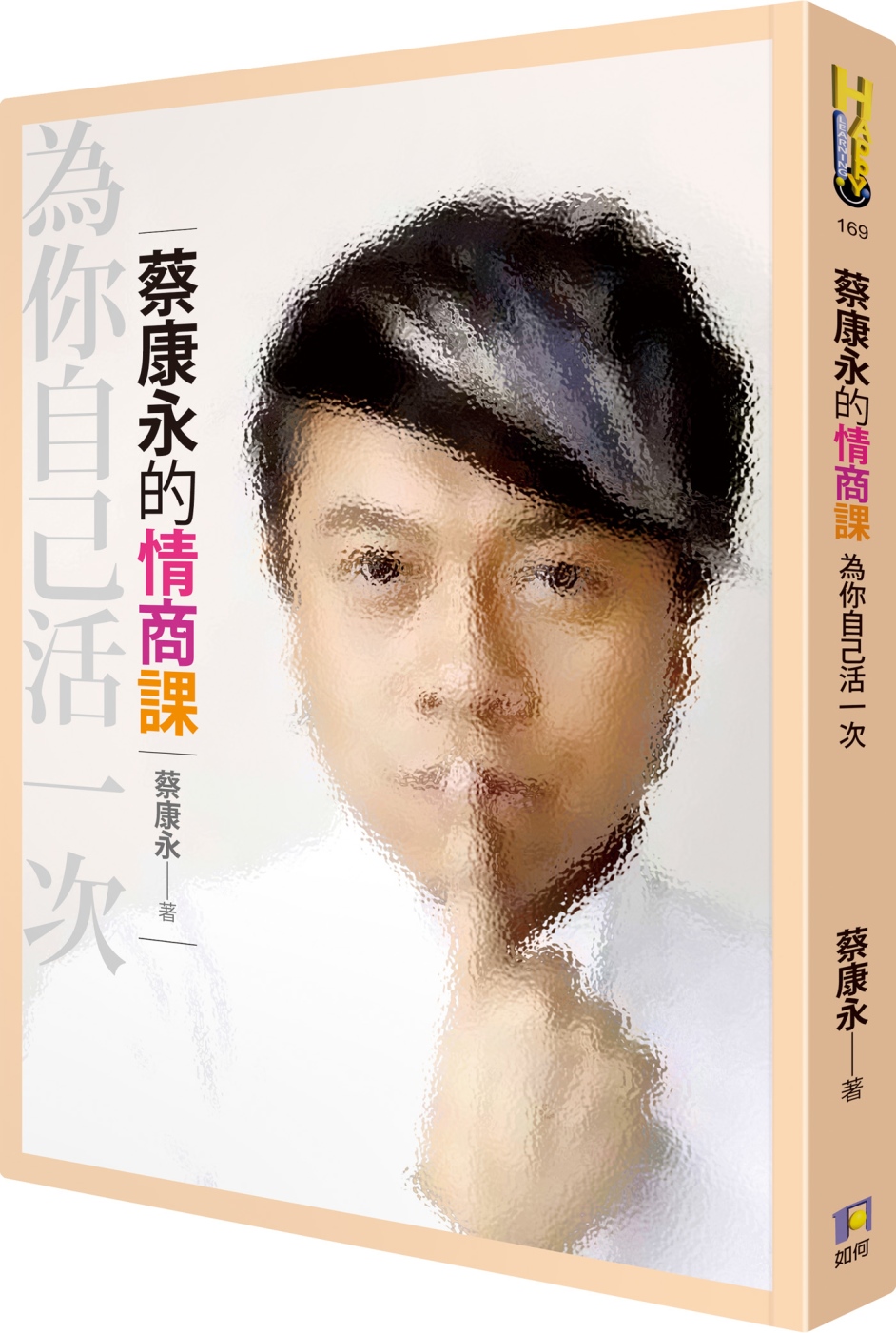Graciela chronicles the life of a Quechua-speaking Indigenous woman in the remote Andean highlands during the war in Peru that killed seventy thousand people and displaced hundreds of thousands more in the 1980s and 1990s. The book traces her early years as a young child living in an epicenter of violence to her contemporary life as a postwar survivor. Graciela Orihuela Rocha’s history embodies the horrors, injustices, promises, and challenges faced by countless individuals who endured and survived the war. Her story provides intimate insights into deep-seated divisions within Peruvian society that center around skin color, gender, language, and ties to the land. These fault lines have endured to the present day, fostering discontent and violence in Peru.
Through Graciela’s story we not only learn of trauma and dehumanization but also resilience, strength, and perseverance. Graciela’s history provides insight into the systemic challenges of determining truth, implementing justice, and envisioning reconciliation in a country where calls for equality and justice remain unrealized for the most marginalized.
| FindBook |
|
有 1 項符合
Graciela S.的圖書 |
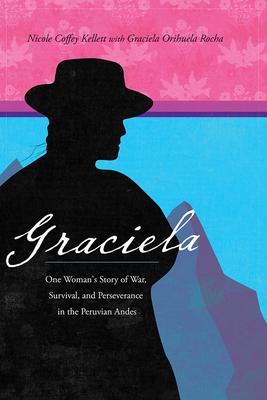 |
$ 1797 | Graciela: One Woman’’s Story of War, Survival, and Perseverance in the Peruvian Andes
作者:Kellett 出版社:University of New Mexico Press 出版日期:2022-05-01 語言:英文 規格:平裝 / 280頁 / 普通級/ 初版  看圖書介紹 看圖書介紹
|
|
|
圖書介紹 - 資料來源:博客來 評分:
圖書名稱:Graciela: One Woman’’s Story of War, Survival, and Perseverance in the Peruvian Andes
內容簡介
|
